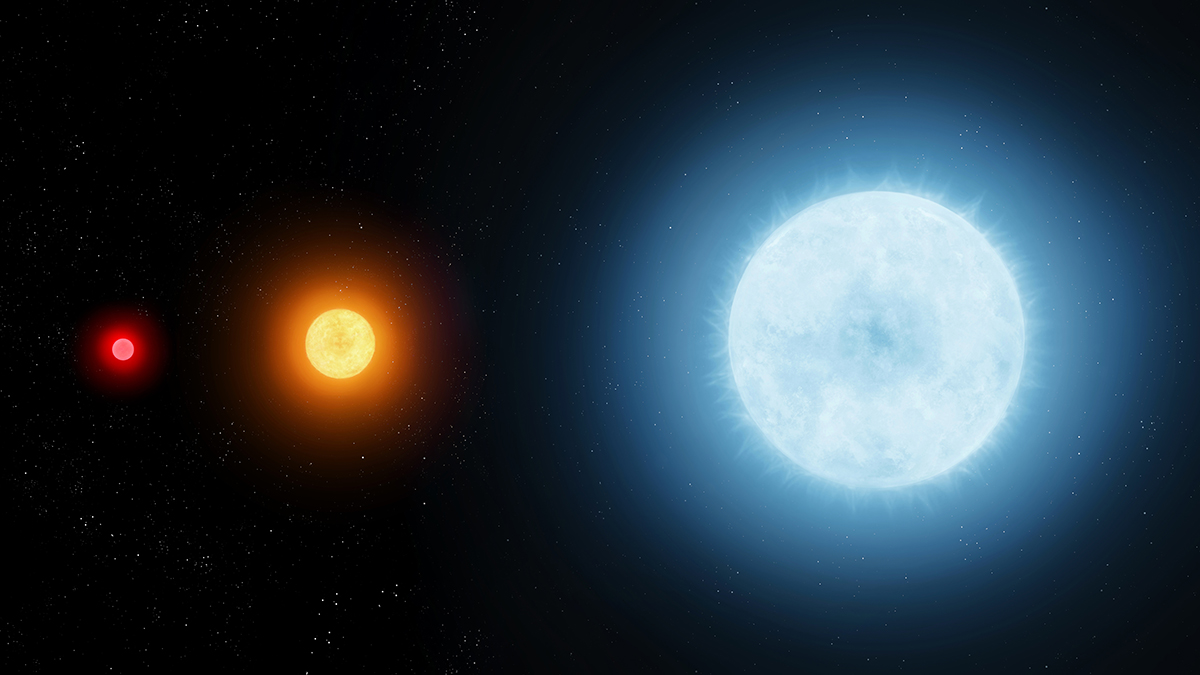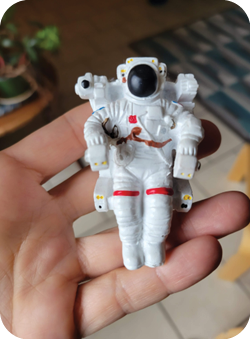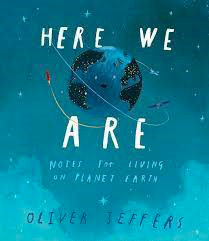feature
Courageous Cheetah Car
Kindergarten engineers build a functional playground car with the help of family members
Science and Children—November/December 2022 (Volume 60, Issue 2)
By Rebecca Stobbs and Jeanne Norris
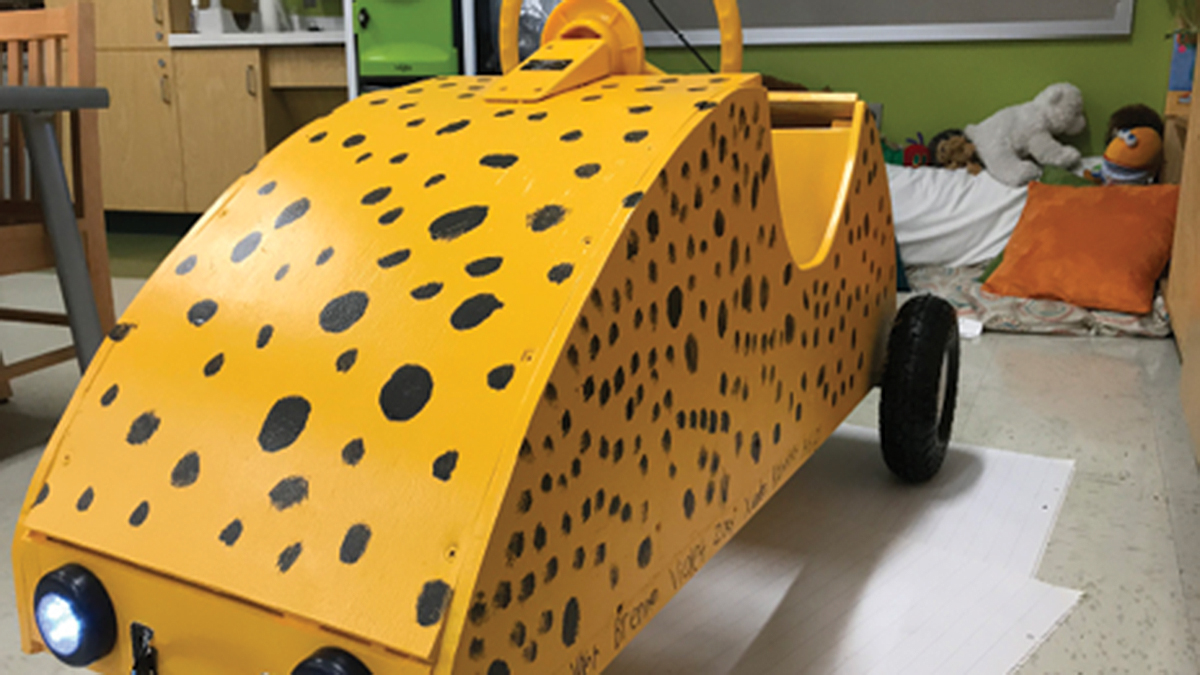
Freebies and Opportunities for Science and STEM Teachers, November 15, 2022
By Debra Shapiro

feature
Moon, Math, and Literacy
Interdisciplinary connections through a space science study in preschool
Science and Children—November/December 2022 (Volume 60, Issue 2)
By Candi Clevinger, Alissa A. Lange, and Elizabeth Schock

feature
Making Sense of Apparent Brightness
An integrated approach for fifth graders
Science and Children—November/December 2022 (Volume 60, Issue 2)
By Alexis Kaczor, Laura Robertson, Jamie Price, Lindsay Lester, and Ryan Nivens
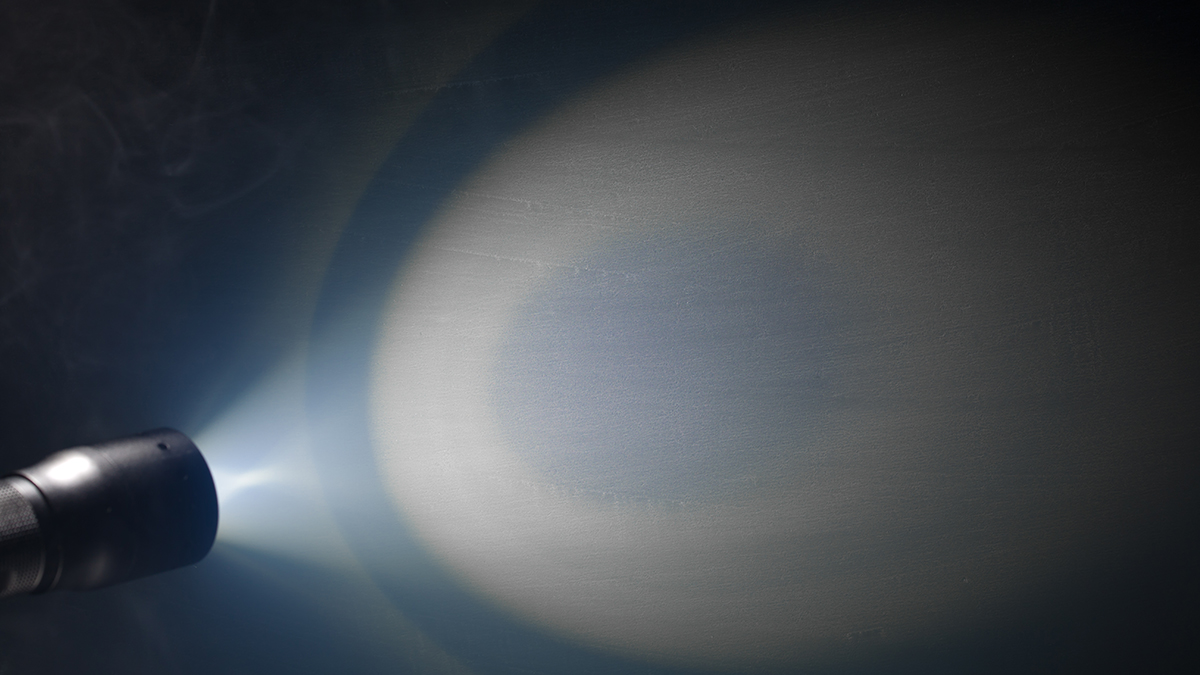
feature
Shining a Light
Fifth graders delve into the nature of science and technology by investigating the stars
Teaching Through Trade Books
Patterns From Earth’s Place in Space
Science and Children—November/December 2022 (Volume 60, Issue 2)
By Christine Anne Royce
formative assessment probes
Eliciting Students’ Initial Ideas About the Sun–Earth System
the poetry of science
Earth’s Place in the Universe
Science and Children—November/December 2022 (Volume 60, Issue 2)
By Sylvia Vardell and Janet Wong
The Early Years
Space Science Explorations as Equity
Early Childhood Resources Review



